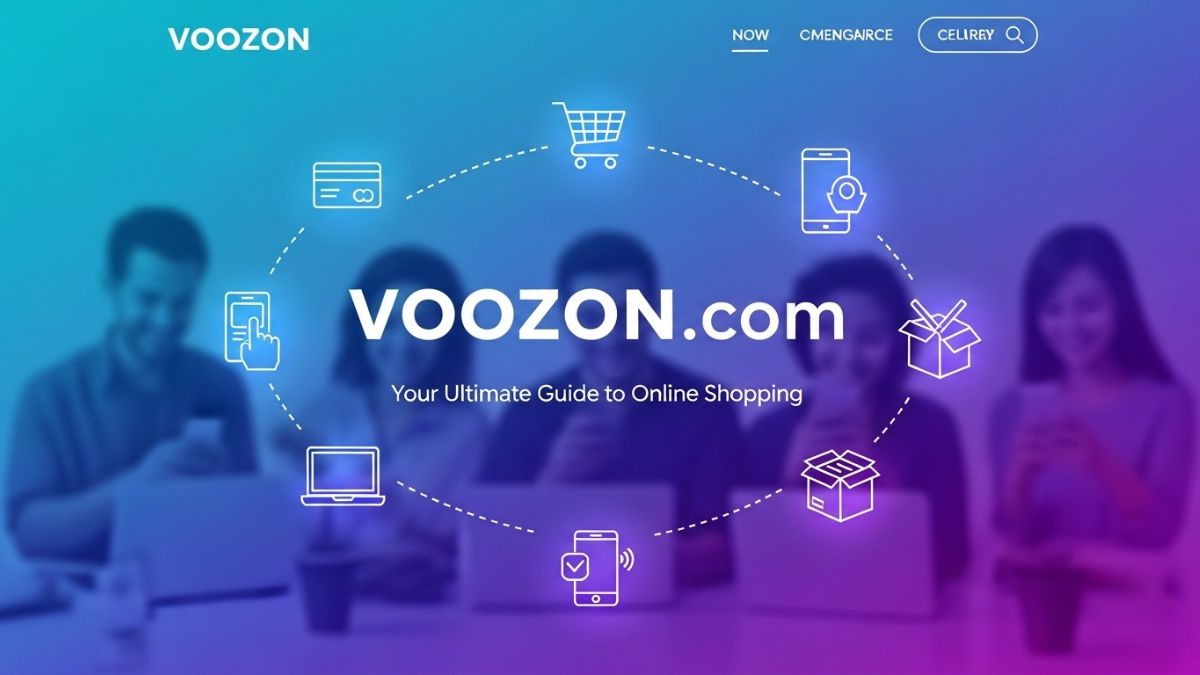It only makes sense for many businesses to consider green power technology such as the solar panels; however, to make it harmonious requires much more than the selection of early innovative equipment. However, even the highest quality systems of solar and energy cannot produce when conditions are unfavorable. Organizations are normally surrounded by dilemmas when it comes to determining what aspect of a location or building make it appropriate for place of solar facilities.
This guide is here to help. We’ll explore the key conditions that make a solar panel installation efficient and sustainable in commercial and industrial settings. By the end, you’ll know what to consider to make the most out of your solar investment.
Importance of Assessing Installation Conditions for Solar Panels
Understanding the right conditions before installing solar panels is essential for any business looking to make a cost-effective and sustainable investment. Here’s why assessing these conditions matters:
- Cost Efficiency: Having solar panels correctly installed for a business can be a cheap affair in terms of initial setup and in the long run. Solar systems work best, and that means little to no need for constant repairs, maintenance, or increase in our electricity bills.
- Maximizing Energy Production: Solar panels are devices that use light to produce electricity; they are photovoltaic devices. Siting and orientation of the panels enable a given panel to collect as much solar energy as possible and therefore produce more. In commercial and industrial applications this can mean awesome dollar savings and energy that is far more dependable.
- Long-Term Sustainability: Solar power panels are rather a long term investment, therefore they must be installed in conditions where they will serve a long productive service. Factoring the environment and structure not only preserves the life of the panels, but also to maintain a stable source of energy for the business in future.
Taking time to assess the conditions for installation leads to better performance, higher savings, and a reliable source of clean energy for any business or industrial operation.
Key Conditions for Installing Solar Panels in Commercial and Industrial Scenarios
For a successful solar panel installation, several conditions need to be just right. Here’s a look at the main factors that impact solar panel performance in commercial and industrial settings:
1. Location and Climate Suitability
- Sunlight Availability: The amount of sunlight a location receives directly affects energy output. Sunny regions yield more power, making them ideal for solar installations. Cloudy or rainy areas may still benefit from solar but often need larger or more efficient panels to meet energy needs.
- Climate Considerations: Heavy snow, hail or very high temperature also affects the efficiency and durability of the panels. Mild and sunny conditions are usually suitable for commercial solar panel systems because they are not strained through steady exposure to light.
2. Building Structure and Roof Compatibility
- Roof Type and Condition: While flat surface is preferable for commercial solar PV system installation, for the reasons of ease and cost, installed on verticals also possible if directly towards the south. The roofs must be sufficiently robust to bear the weight of the panels and pristine in order to not require fixations or replacements within a short period after installation.
- Orientation and Tilt: The roof of the building should, therefore, be oriented towards the path of the sun in order to enhance production of energy. These can be south-facing roofs, which gather much sunlight or modified east or west-facing roofs that can also work under some conditions.
3. Space and Size Requirements
- Space Availability: Ideally, solar panels require a lot of space so that they can function at their best. Commercial and industrial buildings have vast flat roof areas suitable for PV system integration, however, shading by other structures orobjects should be avoided.
- Panel Spacing: Larger arrangements require slight separation of panels to avoid shading, and ease of cleaning is also enhanced. That means that, in order to achieve the maximum performance out of solar panels, they should be installed in open, unsheltered locations.
4. Energy Consumption Patterns
- Understanding Energy Needs: Understanding when and how much energy a business uses is useful in engineering the right system. High energy usage during daytime is also good with solar power because panels generate much electricity during the day. This is of very much importance to industries especially those with continuous high use of energy.
- System Size and Capacity: For companies with large energy needs, investing in higher-capacity industrial solar power systems makes sense. Tailoring the size of the system to match peak usage ensures that solar power covers as much of the demand as possible.
By checking these conditions carefully, businesses can ensure that their solar investment will provide consistent, sustainable energy to meet their unique needs. Each of these factors plays a key role in making solar a smart, long-term choice for commercial and industrial settings.
Additional Technical and Environmental Factors
Beyond the basic conditions, several technical and environmental factors can make or break a solar installation’s success in commercial and industrial settings. These details ensure that the solar system integrates well with existing infrastructure and complies with essential regulations.
1. Infrastructure and Electrical Requirements
- Electrical Compatibility: Solar panels have to integrate well into a business’ electrical circuit. Occasionally, the wiring or electrical system of the building being fitted with solar renewable energy needs modification to effectively accommodate power produced by a business solar system. This step ensures safety and efficiency, reducing the risk of issues or power losses.
- Inverters and Storage Systems: Commercial installations benefit greatly from reliable inverters to convert solar power into usable electricity. Additionally, battery storage can store excess power for later use, helping businesses rely on solar energy even when the sun isn’t shining.
2. Regulatory and Zoning Requirements
- Permits and Compliance: Before installing solar panels, businesses need to navigate local regulations and zoning laws. This includes securing permits and meeting environmental and safety standards, which can vary widely by location. Ensuring compliance upfront avoids costly adjustments later.
- Business-Specific Requirements: There may also be additional rules for large-factory-type of installations because most of the solar installation pictures depict large solar arrays. Compliance with these regulations provides the project’s efficiency and makes many legal and logistical difficulties impossible.
3. Maintenance Accessibility
- Easy Access for Maintenance: This is as the panels need to be cleaned and or maintained occasionally, hence, they have to be placed in easily accessible places. When designing the installation, it is possible to ensure it is easily accessible to allow regular cleaning and repairs hence increasing the use of the system for many years.
- Weather Protection: Panels can also be affected by external characteristics such as dust accumulation, snow and storms. They are also best mounted in a location that is safe from extreme weather conditions or should have some measures put in place to work under the weather.
The technical and environmental factors discussed above are prerequisites to success and longevity of the solar installation. It is to appreciate that infrastructure, compliance, and accessibility are strategic considerations any business can use to enhance the effectiveness of solar systems for their commercial and industrial applications in compliance with legal provisions.
Analyzing the Business Case for Solar Panel Installation
Installing solar panels isn’t just about sustainability; it’s also a smart financial decision for many businesses. Here’s a look at the main benefits that make solar a valuable investment for commercial and industrial settings:
1. Return on Investment (ROI)
- Cost Savings: Solar panels can help reduce the electricity bill greatly, especially given the fact that the price of energy tends to be elevated in some places. To avoid relying much on grid power and minimize monthly utility costs, businesses should generate their electricity.
- Incentives and Tax Benefits: Most areas give various incentives such as tax credits or rebates for solar energy installation for companies. They go further to explain that high costs deter people from initial installation, so these incentives give improved long-term benefits.
2. Sustainability Benefits
- Environmental Impact: Adopting solar energy allows businesses to reduce their carbon footprint, helping in the fight against climate change. This aligns with growing demands for corporate social responsibility and can improve a company’s public image.
- Meeting Green Standards: Many commercial and industrial clients are now prioritizing suppliers and partners who demonstrate sustainable practices. Installing solar panels can help companies meet industry standards and appeal to eco-conscious clients.
3. Case Examples of Successful Installations
- Increased Market Value: Properties with solar installations often see increased value. Companies looking to sell or lease their properties in the future may find that solar panels add to the appeal and marketability of their buildings.
- Enhanced Energy Resilience: With a solar system, businesses can achieve greater energy independence. This is particularly useful for industries with high power demands or critical operations, as it provides stability during energy shortages or outages.
The advantages of solar power give a strong and attractive monetary and ecological signal for investing in solar power by various businesses in different sectors. Intrinsic benefits of acquiring solar panels include saving energy expenses, increasing sustainability, and most importantly increasing the value of the property.
Conclusion
Solar power at the commercial and industrial level is determined by some conditions Solomon (2007). Such factors as location, roof type, and codes provided maximum benefits for businesses to derive from their PV investment by lowering power costs and reducing carbon footprint.
Solar energy should therefore be preferred by any company that would wish to ease its expenses within a short time as well as earn a better reputation on its environmental consciousness. As indicted above there are several conditions, which act as a prerequisite for use of solar power If the above condition are well met then we see that there are several benefits that firms could accrue from use of solar power. Ready to explore solar energy further? Share your thoughts below, or check out our other resources on sustainable energy solutions!















